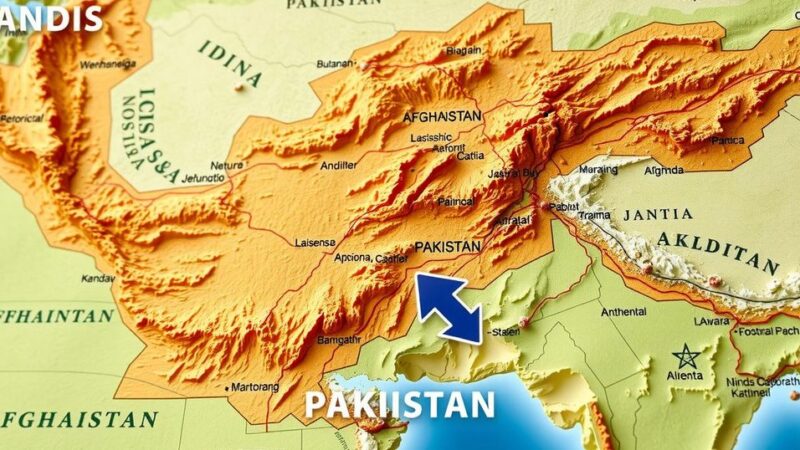Recent explosions in Lebanon, attributed to compromised pagers and radios, resulted in numerous injuries and deaths. Hezbollah blames Israel for these incidents, leading to complex international investigations linking Taiwan, Hungary, and potential Israeli intelligence activities. Concerns about further compromises of electronic devices have instigated widespread panic among the Lebanese populace.
In recent incidents in Lebanon, thousands of pagers and radio devices exploded, resulting in numerous injuries and at least 37 fatalities. The operations have raised questions about the execution and origins of these devices, with Hezbollah attributing blame to Israeli involvement. The investigation has traced the devices through Taiwan, Japan, Hungary, Israel, and back to Lebanon, yet numerous questions remain unanswered. The method of compromising the pagers is unclear; initial speculation of a sophisticated hacking operation was quickly discounted by experts. It is widely believed that the devices were rigged with explosives prior to their acquisition by Hezbollah. Reports indicated that the exploded pagers bore the branding of the Taiwanese company Gold Apollo, whose founder asserted no connection to the incident. He suggested instead that a Hungarian firm, BAC Consulting, which had licensed his company’s trademark, might be involved. Attempts to investigate BAC Consulting revealed it as a potentially dubious entity, operating as a front and lacking clear manufacturing capabilities within Hungary. Reports emerged that Israeli intelligence might be behind BAC, using it to obscure the origins of the devices. Additional investigations have extended to a Bulgarian company linked to BAC, suggesting the movement of significant funds possibly connected to the attacks. The origins of the radio devices were also scrutinized, with evidence indicating they were counterfeit versions of a model manufactured by ICOM. As these devices exploded, it was reported that they may have been retrofitted with explosives, as suggested by the damage observed on the battery compartments. The explosions appeared to be remotely triggered, with Lebanese authorities confirming that “electronic messages” sent to the devices catalyzed the detonations. Reports mentioned that messages seemingly from Hezbollah leadership may have actually activated the devices. The broader implications of these attacks have caused widespread panic among the Lebanese populace, with fears that other electronic devices could similarly be compromised, leading to controlled explosions in public areas. This has prompted the Lebanese Army to carry out precautionary measures across Beirut using bomb disposal technology. In terms of motivation, there remain several theories behind the timing of these attacks. One theory posits that Israel aimed to deliver a hard-hitting message to Hezbollah amidst escalating border tensions, while another suggests that the attacks were executed prematurely due to fears of exposure of the operation. Reports suggest that the attacks might have been initially designed as an attack to undermine Hezbollah profoundly but were executed hastily due to Hezbollah’s growing suspicions.
The recent explosions of pagers and radio devices in Lebanon have cast a long shadow over the nation, prompting extensive investigations into the incidents. The explosions resulted in significant casualties and raised alarming concerns regarding the security of communication devices used by Hezbollah. As the situation unfolds, it appears that the investigation is a complex interplay of international links, with potential connections involving Taiwan, Hungary, and Israeli intelligence. The flaws in existing security measures and the potential for other electronic devices to be compromised have led to a sentiment of fear among the Lebanese population, indicating a broader threat beyond the immediate events.
In conclusion, the explosions of pagers and radio devices in Lebanon have introduced a myriad of unanswered questions surrounding the attack’s execution and motivations. Investigations have revealed complex international connections, including potential involvement of Israeli intelligence and questionable operations in Hungary and Bulgaria. Moreover, the panic instigated within Lebanese society regarding the safety of other electronic devices underscores the broader implications of these incidents. As authorities continue to probe the origins and ramifications of this tragedy, the situation remains precarious and warrants vigilant monitoring.
Original Source: www.bbc.com







